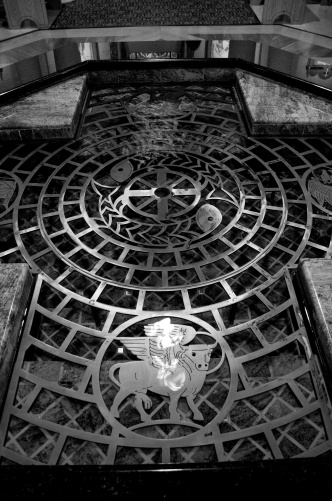Part 3: What Heartbreak and Heartache Have Taught Me About Community
I’m a verbal processor and am usually a miserable failure at not gushing most details of my life with anyone trustworthy who will listen. I must have shared about my feelings for Corey with dozens and dozens of friends those first first two years, even if it was difficult for me to find the right language. Many of my celibate friends empathized and connected through their own stories of heartache and longing—friends who listened to the same laments over and over again and friends who called things as they saw them. My Side A friends, who were open to same-sex relationships, were thankful that I was finally coming to terms with my humanity and experiencing what most typical boys experienced a decade earlier. They helped me know that what I experienced is merely a part of life and a part of growing up. I had few examples of what to do with romantic feelings as a celibate gay man, which made it difficult to know how normal or abnormal my experiences were. As I learned, falling in love and going through heartache and heartbreak is just a part of life, celibate or not. I was thankful for the advice and empathy my friends shared as well as their enduring patience with me.
As a celibate gay man, I never thought I was supposed to fall in love. Matthew Vines, the popular gay-affirming apologist, has said that one of the worst things that can happen to a celibate gay man or woman is to fall in love. I don’t know if it is the single worst thing, but I think it is an especially excruciating challenge for many of us. In the celibate world, there are few models or examples of just getting through experiences of falling in love, and as a result, few talk about that experience openly. More than one of my celibate friends have participated in the wedding of the man or woman they were in love with at one time. For many of them, that was a heartache they endured silently. What they were feeling was something they believed they needed to reject or fear. So often they endured these intense feelings silently and alone.

©️ Gregg Webb 2014
Some of my affirming friends lost faith in their convictions about celibacy after they experienced mutual romantic connection. It was easy to get caught up in the rush of feelings that you never thought were possible and a connection you never believed could really exist. In most cases they eventually experienced heartbreak but almost always didn’t stop pursuing romantic relationships after that first experience. The veil had been torn down, and they suddenly realized what, in a sense, they’d been missing. The challenge for celibate gay Christians is: How do you walk right up to the edge of the brink, look your feelings in the eye and acknowledge that they are real and important, but still choose not to walk down the path that these feelings are naturally inclined to lead? Continue reading











You must be logged in to post a comment.